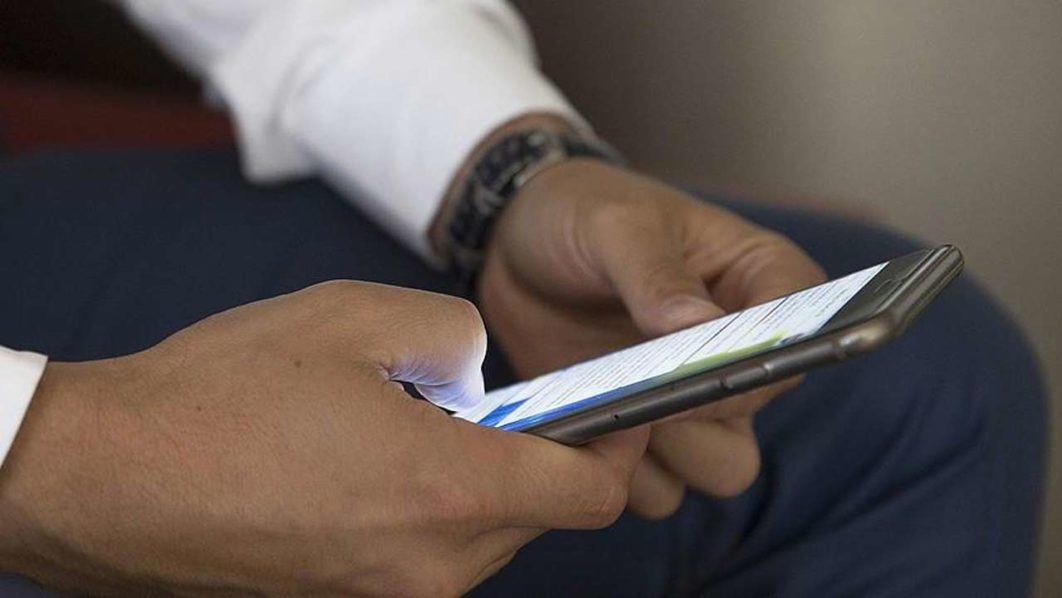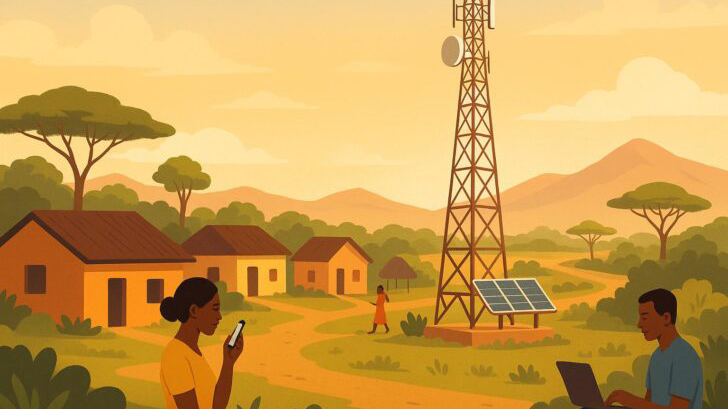
Telecommunications operators have recorded mixed fortunes following the exchange of about 55,388 subscribers through the mobile network portability (MNP) scheme in 2024.
Launched by the Nigerian Communications Commission (NCC) on April 22, 2013, the MNP system allows subscribers to migrate from one network to another while retaining their original phone number.
One of the major reasons for its introduction into Nigeria’s telecoms market was to engender competitiveness and allow subscribers to abandon any operator that performed below par in terms of service quality. But 12 years after its launch, Nigeria’s multi-simming moved to another level. Today, virtually all subscribers belong to MTN, Airtel, Globacom and 9mobile quartet.
Simply put, about 165 million active subscribers in the country are yet to get value for money on telephony services, including voice and data services.
December 2024 subscription statistics, the last data for the year under review, seen by The Guardian, show that MTN welcomed 36,412 new users into its network, while 2,496 ported out. Airtel ranked second with 13,783 customers entering the network, while 4,051 left.
Further analysis showed that Globacom lost 3,813 subscribers and welcomed 4,469 new users in 2024. Embattled 9mobile received 724 new customers from other networks, but lost 44,658 users to other players.
Speaking to The Guardian on the relatively low impact of MNP, a telecoms expert, Kehinde Aluko, admitted that MNP was introduced in Nigeria to give consumers more choices and encourage competition among mobile network operators. However, it hasn’t been as successful as initially hoped.
According to Aluko, the reasons for the low success rate include operators offering similar quality of service. He said MNP was expected to drive competition by allowing customers to easily switch to a network with better service. However, the quality of service across the major Nigerian mobile operators is largely similar. He said this means there’s no strong incentive for customers to switch if they’re not experiencing significantly worse service on their current network.
According to him, while some operators offer incentives to attract new customers, they may not be compelling enough to encourage people to go through the hassle of switching networks.
Aluko said there has been low or lack of awareness among the general public about the MNP process and its benefits, saying some people may not even know it exists or how to go about it. He also submitted that there have been reports of technical glitches and delays in the porting process, which can discourage people from trying it.
“In some areas, one network might have significantly better coverage than others. This can limit the appeal of switching, even if another network offers better deals or services. There was also customer inertia. People often stick with what they know, even if there might be better options available. Switching networks can seem like a hassle, and some customers may simply not be bothered to change,” he stated.
MEANWHILE, further analysis of the subscription data showed that Nigeria ended 2024 with 164.9 million active telecommunications subscribers. Though the figure was 224.7 million in December 2023, the NIN-SIM audit helped to filter the system and by September 2024, NCC put the figure at 154 million. NCC explained that every active mobile telephone number in the country can now be identified after the cleaning brought about the NIN-SIM exercise.
It can also be deduced that from October to December 2024, telecoms operators activated and reactivated about 10 million lines. In October 2024, the figure was 157.6 million, it moved to 159.8 million in November and by the end of the year, it was 164.9 million.
The country’s teledensity grew from 71.4 per cent in September, after the audit, to 76 per cent by year-end. Teledensity measures the number of telephones in a specific area compared to the number of people living there. It’s often used to compare access to communication services between different areas or countries.
Further analysis of the NCC data showed that 4G technology remained the dominant technology reaching 47.2 per cent coverage of the country in 2024. 2G remained useful in Nigeria with 41.59 per cent and 3G, 8.75 per cent.
According to checks, 5G, which is its third year of commercial launch in Nigeria, recorded 2.46 per cent penetration. By implication, it means that some four million Nigerians are now on 5G radar offered by MTN, Airtel and Mafab Communications.
In terms of market penetration by the operators, MTN maintained dominance, ending the year 2024 with 84.6 million subscribers and 52.39 per cent market reach. Airtel is second with 56.6 million users and 34.4 per cent penetration, followed by Globacom with 12.23 per cent and 20.1 million customers and 9mobile in fourth position with 3.28 million users and 1.99 per cent penetration.






